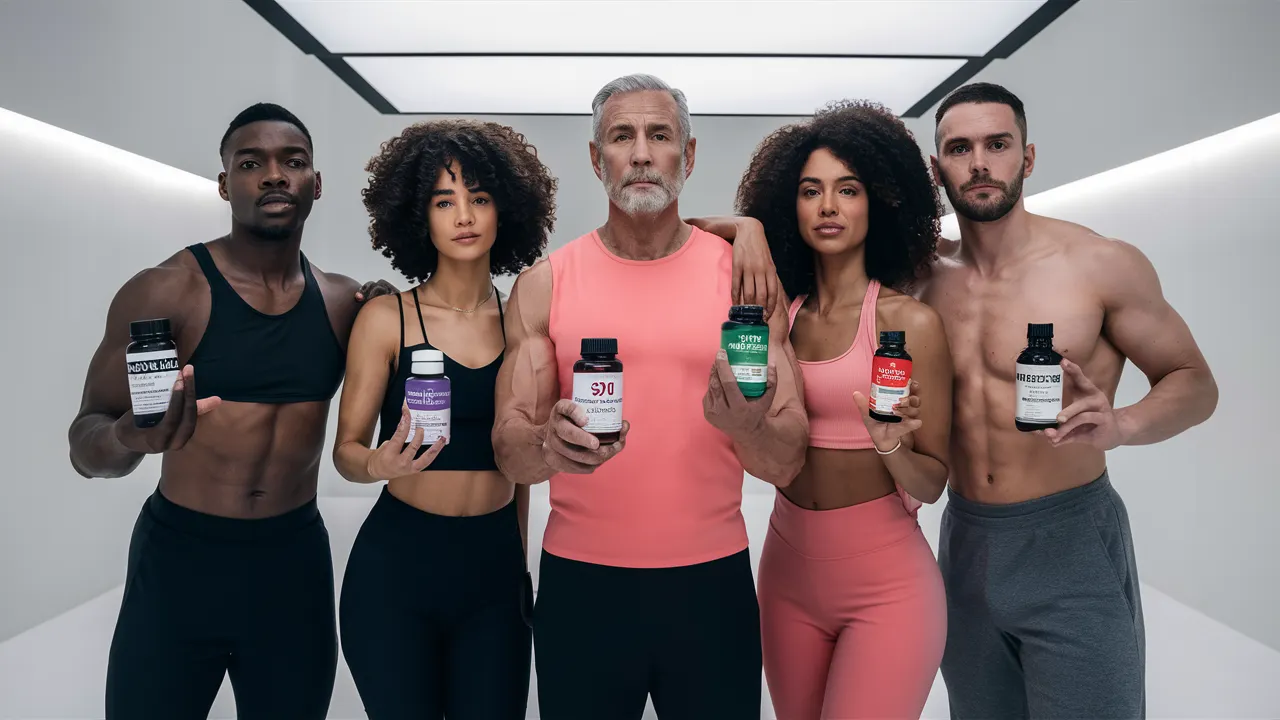The Importance of Fitness and Its Benefits
Discover the Key Components and Incredible Benefits of Maintaining a Fit Lifestyle
What is Fitness?

When we talk about fitness, we're talking about the body's ability to work efficiently and effectively in both work and leisure activities. It means being healthy, resisting diseases, and preparing for emergencies. It includes several important components:
- Cardiovascular Endurance: This is about how well your heart and lungs can supply oxygen to your body during activities like running or swimming.
- Muscular Strength refers to the maximum force your muscles can exert in a single effort, like lifting weights.
- Muscular Endurance is the length of time your muscles can perform a task without getting tired, such as cycling or squatting.
- Flexibility: This involves the range of motion of your joints, which affects how easily you can bend and stretch.
- Body Composition: This looks at the proportion of fat to lean mass (like muscles, bones, and organs) in your body.
The Benefits of Fitness
Staying active and staying fit offer many benefits, including improved physical health, mental well-being, and emotional balance.
Physical Benefits
- Improved Cardiovascular Health: Regular activities like walking, jogging, or swimming strengthen your heart and improve blood circulation, lowering the risk of heart diseases, strokes, and high blood pressure.
- Enhanced Muscular Strength and Endurance: Lifting weights or doing resistance training strengthens and enlarges muscles, making daily tasks easier and reducing the risk of injuries. It's also great for bone health, helping to prevent osteoporosis.
- Better Flexibility and Mobility: Doing stretches or yoga keeps your joints flexible, improves your posture, and reduces the risk of injuries from muscle strains or imbalances.
- Weight Management: Regular exercise burns calories and builds muscle mass. This helps maintain a healthy weight or shed extra pounds. Plus, it boosts your metabolism, making it easier to keep the weight off.
- Enhanced Immune Function: Moderate exercise can boost your immune system, making you better at fighting off infections and illnesses.
Mental and Emotional Benefits
- Reduced Stress and Anxiety: Exercise prompts the release of endorphins—your body's natural mood lifters that help you feel more relaxed and less anxious.
- Improved Mental Health: Regular workouts are linked with lower rates of depression and anxiety. They also help improve your mental sharpness and reduce the risk of mental decline as you age.
- Better Sleep: Working out can help regulate your sleep patterns, making falling and staying asleep easier, which is essential for overall health.
- Increased Energy Levels: Regular physical activity boosts your overall energy and reduces feelings of fatigue by improving cardiovascular efficiency and better oxygen delivery to your tissues.
- Enhanced Self-Esteem and Body Image: Achieving your fitness goals and seeing improvements in your physical appearance can boost your self-confidence and body image.
Social Benefits
- Improved Social Interactions: Joining group fitness classes or sports teams can enhance your social skills and provide opportunities to meet new friends and build social networks.
- Enhanced Teamwork and Cooperation: Participating in team sports or group exercises promotes teamwork and cooperation, which are useful personally and professionally.
- Increased Community Engagement: Fitness activities often involve community events like races or charity runs, fostering a sense of community and belonging.
How to Achieve Fitness
To get fit and stay fit, you need a well-rounded approach:
- Regular Physical Activity: Mix up your routine with cardio exercises like jogging or cycling, strength training with weights or body weight, and flexibility exercises like yoga.
- Balanced Diet: Fuel your body with various fruits, vegetables, whole grains, lean proteins, and healthy fats. Good nutrition helps with recovery and muscle building.
- Adequate Rest and Recovery: Get enough sleep and let your body recover between workouts to prevent injuries and avoid burnout.
- Consistency and Progression: Stick to your fitness routine and gradually increase your workouts' intensity and duration to keep progressing.
- Hydration: Drink plenty of water throughout the day to stay hydrated, especially before, during, and after exercising.
Conclusion
Fitness is more than just looking good; it's about building a strong and healthy body and mind that can handle the ups and downs of daily life. The benefits of being fit are vast, from better physical health and mental clarity to enhanced social interactions. By prioritizing fitness, we can live healthier, happier, and more fulfilling lives.




